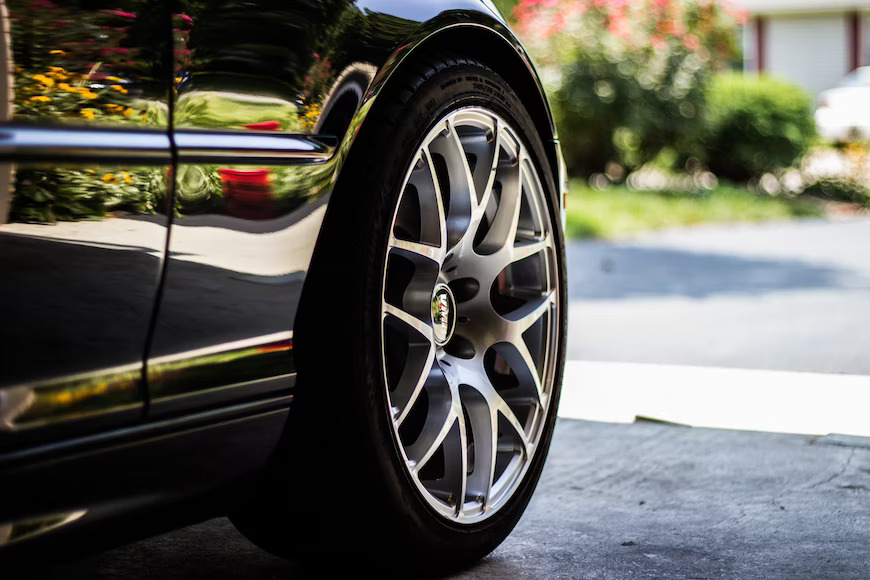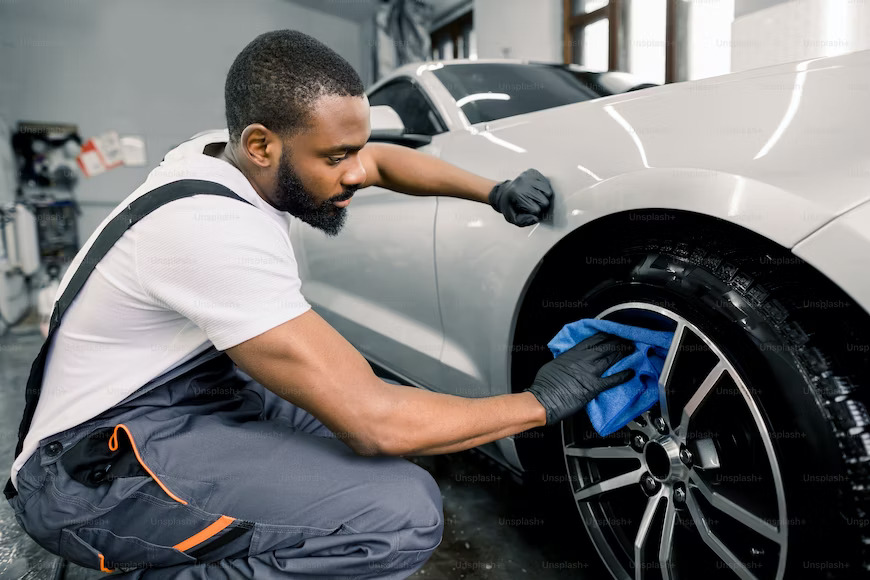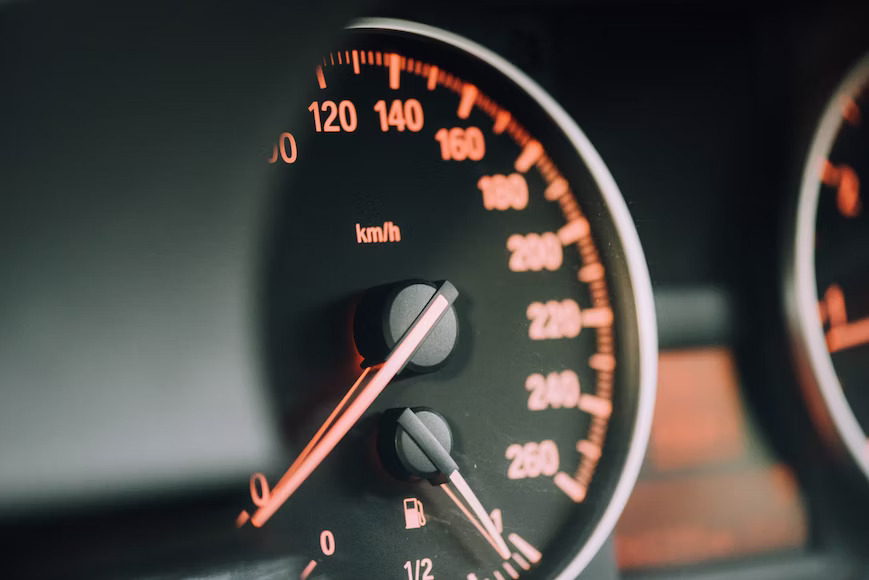With the high cost per litre of petrol in Nigeria, many vehicle owners are now concerned about ways to reduce fuel consumption. It is important that car owners and drivers follow these tips to reduce excess spending on fuel. This article was written to help vehicle owners with tips on how they can cut their fuel consumption of a car by as much as 20% and reduce the number of times they visit the Petrol station to fill their tanks after the Government increased the price of premium motor spirit, popularly known as petrol in Nigeria to 488 naira.
Below are some of the things to do to reduce fuel consumption in your car:
1. Avoid carrying unnecessary weight
Lose the weight in your boot because the heavier the vehicle is, the more energy it needs to get moving. This means that the less it weighs, the less fuel your vehicle will use. A heavy load can have a big effect on your car’s aerodynamics.
For every 1,000-pound increase in vehicle weight, fuel economy drops by approximately 0.5 percent. The fuel consumption of a mid-size car increases by about 1% for every 25 kilograms of weight it carries.
2. Use Fuel-efficient tires, keep tires pumped up, and measure your tire pressure every month
When it comes to saving fuel, tires have come a long way. A simple switch to fuel-efficient tires can make your daily commute easier on your wallet and the environment. The use of low-rolling-resistance tires for your cars in Nigeria can help save energy by requiring less rolling effort which helps improve fuel efficiency.

Tire manufacturers continue to improve factors such as tread patterns, rubber compound formulations, and tire construction to lower rolling resistance by 10 to 20% which, depending on your driving conditions, can earn you a 2 to 4% improvement in fuel economy without any extra effort.
Tires that are underinflated have a higher rolling resistance on the road. Driving a vehicle with tires under-inflated by 56 kilopascals (8 pounds per square inch) can increase fuel consumption by up to 4%. It can also reduce the life of your tires by more than 10,000 kilometers. Find the right tire pressure for your vehicle on the tire information manual.
3. Drive with air conditioning (AC) sparingly
An air-conditioning system can increase fuel consumption by up to 20% because of the extra load on the engine. This can also be confusing because some auto experts confirmed that not using AC doesn’t save fuel consumption. Here is what we know after careful research; Under very hot conditions, AC can reduce a conventional vehicle’s fuel economy by more than 25%, particularly on short trips. (source: Department of Energy). If you are in the vehicle idle or not going anywhere and the AC is on, you are essentially getting 0 miles per gallon at that point. Turn off your engine, if you are not ready to move or waiting for someone or something for more than three minutes or longer. As long as your engine is on, it’s burning precious fuel. This is because for the alternator works to keep the battery charged, which is powered by the engine, and needs fuel to work.
You may also like: 37 Profitable Small Business Ideas in Nigeria 2022
It is advisable to use AC sparingly. Open the windows when you’re driving in the city, and use the flow-through ventilation system with the windows up on the highway. Alternatively, if you do use air conditioning, use the re-circulate option. Your vehicle’s regular fan settings could provide you with ventilation to keep you comfortable. It will minimize the impact of fuel consumption.
Having windows open can cost you fuel. When the car windows are open, the air resistance of the vehicle is strong and costs you a lot more fuel. So when you exceed the speed of 80km/h close the windows; this improves vehicle dynamics and resistance to air and reduces fuel consumption by 4 to 5%.
Finally, you should note that as a driver in Nigeria, it’s simply more fuel efficient to drive with the air conditioning switched off. If your speed is less than 80 km/hr, turn off the car’s air conditioning, or at least set it on ‘low’.
So what’s the perfect situation to save the most fuel? Windows down and no AC will allow you to get the maximum possible fuel-saving which as we all know is not a good idea at all for some areas in the country.
4. Avoid Route with traffic jams or plan your rush hour route

Getting stuck in a traffic jam is not only stressful but consumes fuel. Stop-start traffic puts a lot of pressure on your engine, thus burning more fuel. By planning your journey ahead, however, you can avoid the worst of peak traffic. Listen to traffic reports and avoid accidents, road construction, and other trouble spots before you begin your journey. A good radio station that can help those living in Lagos is Lagos Traffic Radio. It is a radio station broadcasting on 96.1 FM in Lagos, Nigeria. The station broadcasts traffic information for the Lagos metropolitan area. Other platforms to help plan your routes include; the use of GPS systems, and traffic mobile apps such as Google Maps.
If possible avoid rush hour traffic altogether by changing your work schedule to begin and end at a less busy time. This option allows you to save money on fuel and saves time.
5. Service and maintain your car
Lack of car maintenance can cause increased fuel consumption. Let your mechanic service your car regularly and in line with manufacturer schedules. look at these issues:
- Old spark plugs: Maintaining the safety of the car’s spark improves combustion efficiency and reduces fuel consumption by 1%.
- Clogged air filters: Changing old filters improves fuel consumption by about 3%.
- Bad oxygen sensors
- Fuel injection system problems
- Poor tire condition
- Fuel tank Leakage/Close the fuel tank cover: Fuel is a volatile liquid and evaporates easily; make sure the fuel tank is not leaking and the cap/door is tightly closed.

The National Driving School, a US-based driving instructor, noted that the more careful a car owner is about maintaining the quality of the car, the better will be the fuel efficiency.
“If you get your car checked regularly and nip any issues in the bud and get them fixed, it is known to improve the fuel efficiency of the car by almost 10 percent.
“All these tips, when kept in mind and under consideration, can make a huge difference to how much fuel you consume and how much fuel you save. And remember, every little bit adds up and helps immensely in the long run,” the company said.
Ensuring that your vehicle is in good mechanical shape is important to ensuring that its fuel economy is as good as it can be.
6. Maintain a smooth speed and cruise in top gear
While driving, don’t go too fast or too slow. When driving on the express, your engine works hard to overcome wind resistance. You’ll burn up more fuel if you drive fast or slower. In conclusion, remaining steady when accelerating steadily between 50 to 90 km/h on the highway is best to achieve optimal fuel economy.
Automatic cars feature cruise control to help you keep your speed constant whereas manual cars don’t. Cruise control is a feature that comes in when driving at a constant speed. It is an electric system that allows you to set your car to a specific speed, letting you take your foot off the accelerator pedal. Therefore, maintain a higher gear when driving a manual car to reduce your fuel consumption.

7. Avoid braking aggressively
At the traffic light location, when the lights turn green, don’t stamp on the accelerator to speed quickly and avoid slamming on the brakes to a complete stop, try slowing down as you approach the red light. This also applies when climbing a hill, start accelerating as you edge closer to it rather than when you approach it.
Slamming on the brakes to go over a bump increases fuel consumption as you need to accelerate again quickly. The less time you spend braking and accelerating, the less fuel you’ll use. Ensure you maintain a constant speed and avoid following too closely behind the vehicle in front of you. Nigerian drivers should note that tailgating is dangerous and something to avoid.
Conclusion
The most impactful way to reduce fuel consumption is to simply drive your car less. Drive your car only when you really need to. If your destination is within walking distance, kindly walk or use other means of transportation such as a bicycle. Are you going to and fro work? Carpool with a colleague that lives close to you to save you fuel money and reduce stress.
Remember to turn off your engine when you’re stopped for more than one minute, except when in traffic. The average vehicle with a 3-litre engine wastes 300 milliliters (over 1 cup) of fuel for every 10 minutes it stays idle.
Finally, consider buying the latest hybrid car or electric vehicle (EV) to get impressive fuel economy. Vehicle owners can also consider the use of compressed Natural Gas (CNG) buses that will serve as an alternative for Nigerians following the high cost of petrol and diesel in the country.

